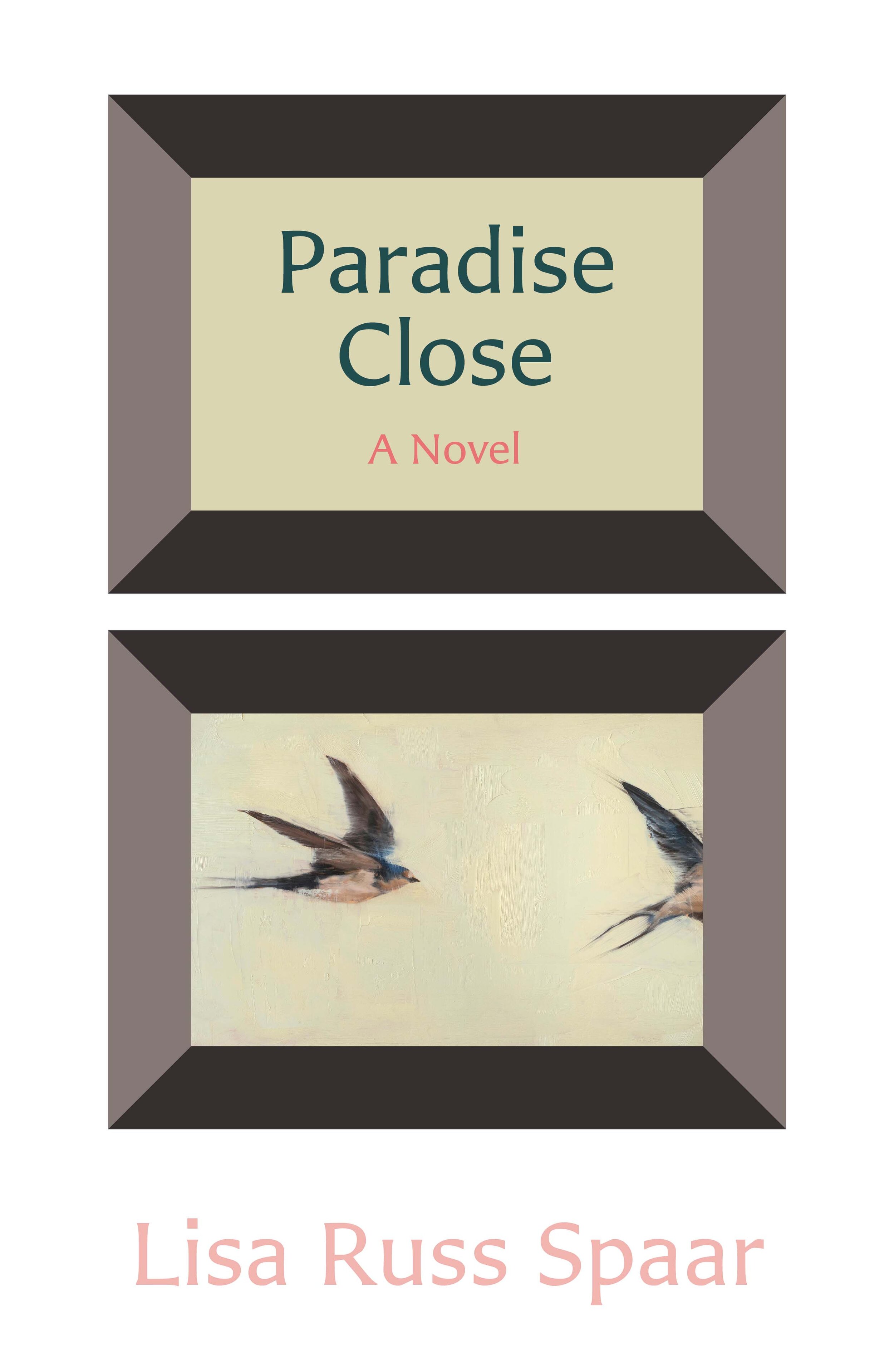Paradise Close
“Soulful, sexy, extraordinarily lyrical. . . . If this is what happens when poets write novels, they should all write them.”— Eleanor Henderson, author of The Twelve-Mile Straight and Everything I Have Is Yours
This is a novel about vulnerability – an ache of a novel. In a way, its subject is how we feel our way through the world in order to have a life, helped by instinct and intuition, but also with the aid of kindness. It’s a tactile book; the sense of touch predominates, heightening our awareness of an omnipresent physicality. Flannery O’Connor wrote that “fiction operates through the senses.” Exactly – and here’s proof of how this creates a sense of intimacy between writer and reader.— Ann Beattie
“The child self, the emerging self, the aging self, any self—is always imperiled,” Spaar writes, near the poignant end of the novel. “Yet if it is glass-like in its breakability, its fragility, it is also glass-like in its tensility. Its obscurity, its clarity. Both.” Fitting, then, that the end of this novel is also an arrival, a new beginning. Both. Life, if you’re lucky, is long and amorphous, Spaar tells us. As you look back, allow yourself some grace.— The Adroit Journal
In 1971, orphan Marlise Schade―fourteen, anorectic, and evicted from the psychiatric hospital her trust fund can no longer support―finds herself alone in an ancestral home during a blizzard. Marlise’s struggles to survive there become the focal point for a host of imperiled figures, living and dead, whose stories intersect with hers and with forces roiling the U.S. in the ’70s.
Decades later, on the brink of Trump’s America, sixty-something Tee Handel is shaken by an inexplicable visitation. For years he’s nursed a deep hurt over his breakup with an alluring artist, spending his days and nights in solitude tinkering with antique clocks. What’s become of the artist, and how Tee reacts to his mysterious guest, testifies to the risk and certainty of change.
These two seemingly unrelated tales entwine to show how the wages of the past are always with us, as are the dangerous and redemptive consequences of secrets confided and withheld.
“This breathtaking novel has the dark power of a fairy tale. I read it all in one sitting, in thrall to the spell Lisa Russ Spaar casts with her cast of complex characters, a heartbreaking tribe of orphans, derelicts, and dreamers, all lost in deeply recognizable ways. I loved it.”—Joanna Rakoff, author of My Salinger Year and A Fortunate Age
“Kaleidoscopic and moving, Paradise Close seamlessly spans the decades of its singular characters’ lives and their inextricable connections to one another. At the heart of this work is a convergence of secrets catalogued with longing. Lisa Russ Spaar looks intently at such fractured desires, piecing them back together, all while offering a culminating rush of heartbreak to the bloodstream.”—Jon Pineda, author of Let’s No One Get Hurt
